The LAS General Education Core
Diverse Ways of Knowing, Learning, and Acting Heading link
The UIC General Education Core plays a key role in every LAS student’s intellectual growth and major exploration. Gen Ed courses provide students with a breadth of exposure to the academic disciplines and serve as the foundation for the knowledge, literacies, and competencies essential to becoming well-educated college graduates and engaged citizens.
LAS Gen Ed courses challenge students to recognize the value in learning diverse content, perspectives, methodologies, and research strategies from across many fields of study, from environmental to data sciences, cultural studies, and social justice. Within the context of a Liberal Arts and Sciences education, LAS Gen Ed courses promote equity-minded alternative ways of thinking about who we are, what we know, how we learn, and how we act in the world.
Just as importantly, LAS General Education Core requirements help students develop career readiness competencies such as communication, critical thinking, and equity and inclusion that pave the way for future professional success.
Gen Ed Courses invite and challenge students to: Heading link
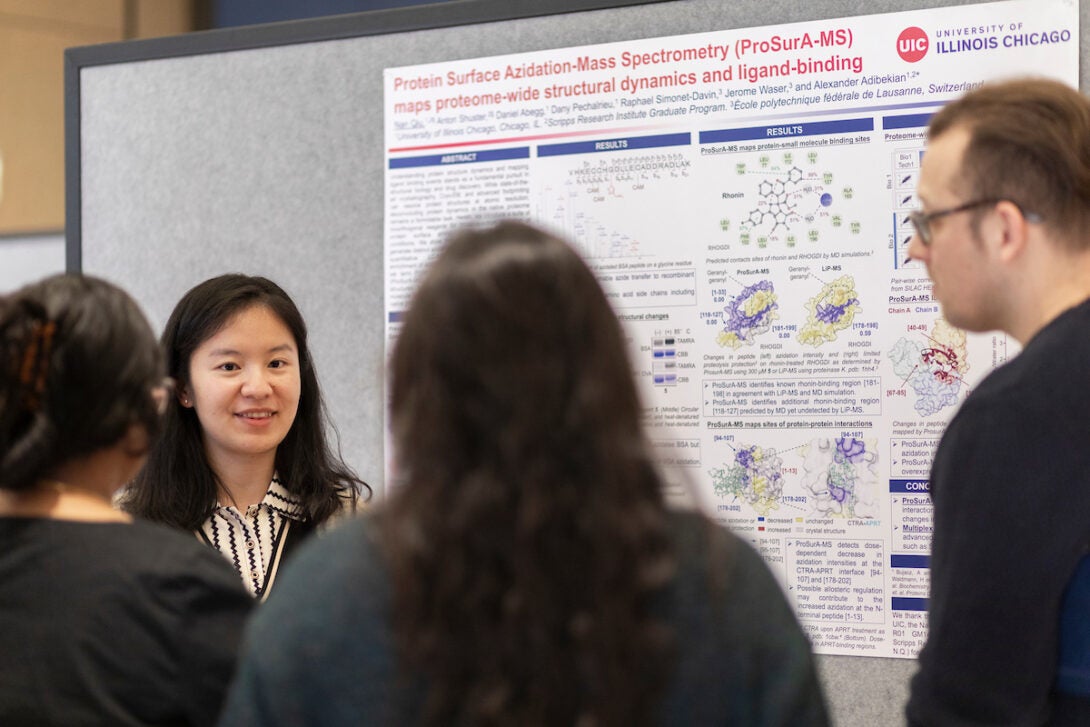
Gen Ed Courses invite and challenge students to:
- Widen the scope of their specific academic interests and expand their horizons as students and future professionals.
- Engage with crucial global questions and critically examine their own local circumstances from alternative viewpoints and with various disciplinary tools.
- Develop sought-after literacies across the natural sciences, the social sciences, and the humanities.
- Acquire core skills and competencies that lead to life-long academic, professional, and personal success.
- Value diversity and inclusion inside and outside of the classroom.
Gen Ed Courses: Academic Competencies Gained Heading link
Why is Gen Ed essential to my education? What academic competencies will I develop when I take Gen Ed courses? How can I talk to others about the knowledge and skills I gain in my Gen Ed courses?
-
Analyzing the Natural World

How does nature work? How does the universe work? How does life evolve? Can life exist in space? Why and how does disease spread? How do we know climate change is real? How is movement possible? Where do earthquakes occur most frequently?
Learn To: Apply the scientific method for analyzing the natural world through observation and experimentation. Develop experimental and technical skills to gather and analyze data. Critically evaluate evidence to generate scientific conclusions. Distinguish between evidence-supported and speculative findings in scientific and non-scientific settings. Evaluate the relationship between the natural world, the environment, and the quality of life in your community and the globe.
-
Understanding the Individual & Society
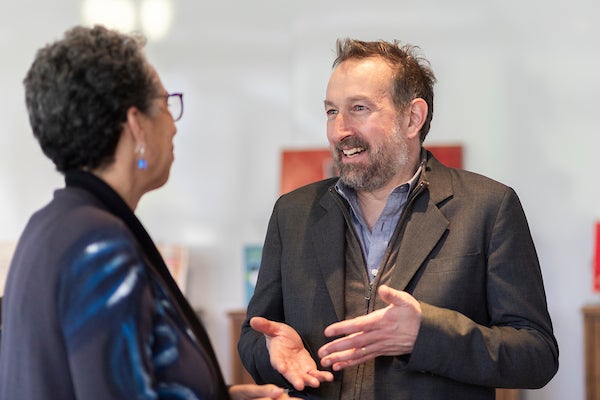
What forces shape individuals? How are the responsibilities and rights of individuals determined? How are ideas about the individual created across different historical periods and societies? What drives individuals to conflict? How can individuals make social change?
Learn To: Identify and critically consider the many and varied identities—ways of being and ways of acting—that individuals assume in their relationship with their larger social context(s). Better understand your role and influence as an individual in a variety of environments: personal, social, political, cultural, and professional. Consider how you as an individual can evaluate and address social and systemic inequalities in your community and workplace. Keep an open mind to diverse ideas and new ways of thinking.
-
Understanding the Past

How do we get to know what happened in the past? Who gets to say what happened in the past? Whose version about the past do we believe? What does the past tell us about the present? About the future? How have past technologies shaped the present?
Learn To: Examine how past events determine present conditions locally and globally. Think about how and why “official” history can and should be questioned. Critically analyze contradictory interpretations of past events. Reflect on how past events have been experienced and interpreted by the individuals and communities you interact with in your life and work. Consider how social, political, economic, and environmental problems have been dealt with in the past and how we can tackle those same issues as they persist today.
-
Understanding the Creative Arts
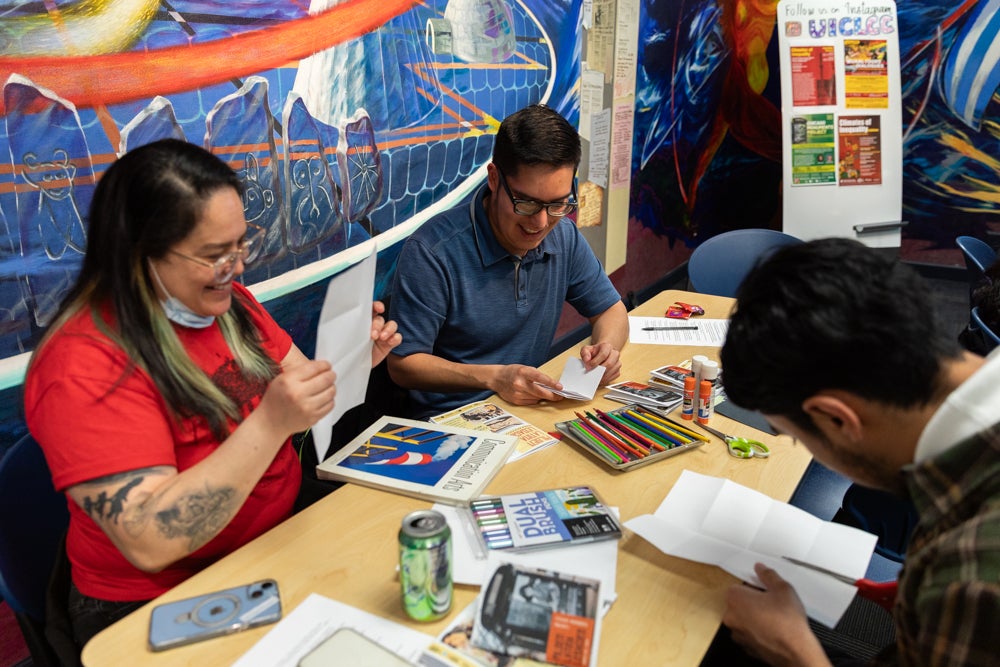
What are we doing when we read, listen to, look at, or experience works of art? What counts as art? What kinds of meanings can art express? Who gets to be called an artist? How is art connected to the lives of individuals and society? What function or influence does art have in non-artistic fields?
Learn To: Understand and interpret works of art. Examine how artistic value is determined (what comes to count as art, what comes to count as “good” or “bad” art, and why). Analyze how art in all its forms reflects and influences how we think about individuals, relationships, communities, work, and art itself. Reflect on how art informs how we understand difference, other people’s experiences, and the potential for positive change in our local and global communities. Explore how art can influence or transform practices and perspectives in non-artistic fields.
-
Exploring World Cultures
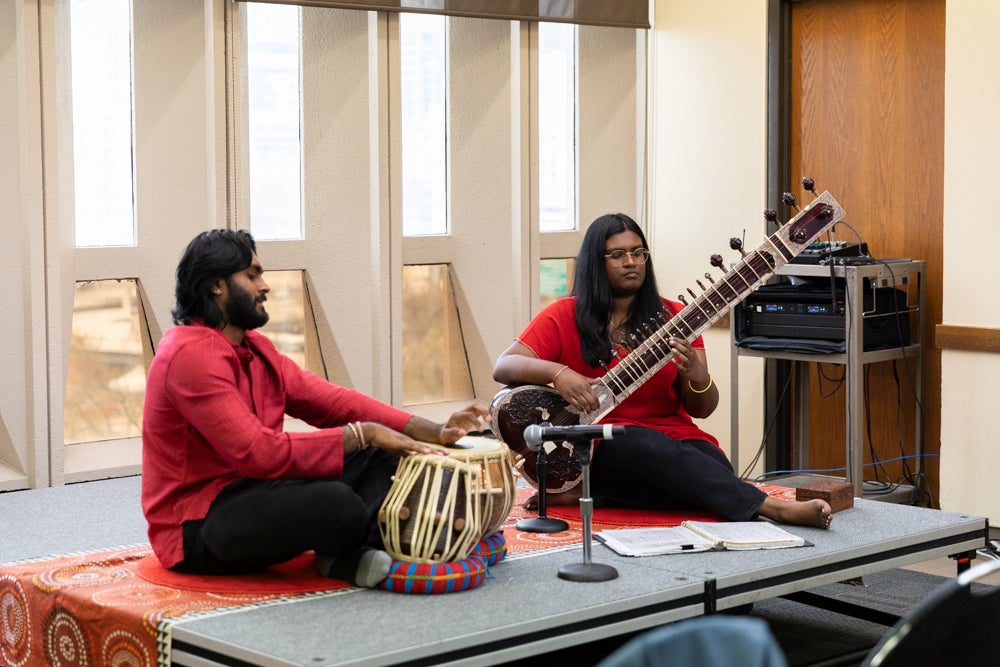
What makes us the same and what makes us different? What can learning about another culture tell you about your own? How are cultures formed, transmitted, and changed? What is the relationship between politics, economics, and culture? How can diverse cultural perspectives be recognized and valued?
Learn To: Recognize and understand other peoples’ cultural experiences and perspectives. Critically study the effect of cultural stereotypes and profiling across history and in your present context. Consider how to value, learn from, and engage with individuals from diverse cultures in your life and work. Reflect on how to effect positive change in your personal, social, and professional communities.
-
Understanding U.S. Society
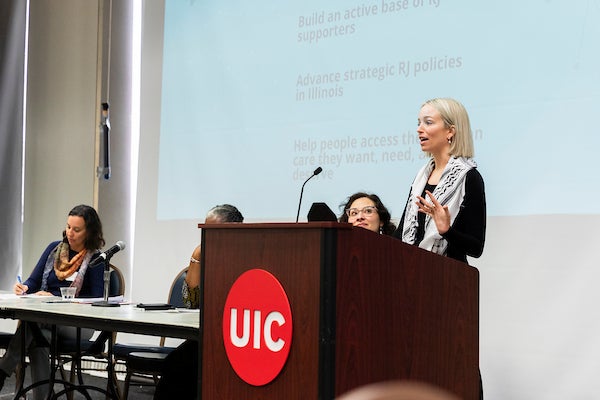
Who lives in the United States, and how did they come to live here? Is there one U.S. society? Who has power and who does not in the U.S.? How have diverse groups transformed U.S. society and politics? Why does the U.S. matter in the world?
Learn To: Recognize the distinct communities—racial, ethnic, class, gender, religious, and with diverse sexual identifications—that form U.S. society. Understand past and present U.S. influence in the world. Examine and rethink how you interact with, relate to, communicate with, value, and engage different peoples and groups in your life and work. Assess systems of privilege that limit opportunities for members of historically marginalized communities. Reflect on your ability to effect positive social change in your local community, the State of Illinois, and the Nation.
General Education Requirements for LAS students: Heading link
| Gen-Ed Category | Required Credit Hours |
|---|---|
| Analyzing the Natural World | Two laboratory courses for 8 to 10 credit hours. |
| Exploring World Cultures | One course for 3 credit hours. |
| Understanding the Past | One course for 3 credit hours. |
| Understanding the Individual and Society | One course for 3 credit hours. |
| Understanding the Creative Arts | One course for 3 credit hours. |
| Understanding the U.S. Society | One course for 3 credit hours. |
| Two elective courses | Two courses for 6 credit hours. Choose from any General Education Core category. |